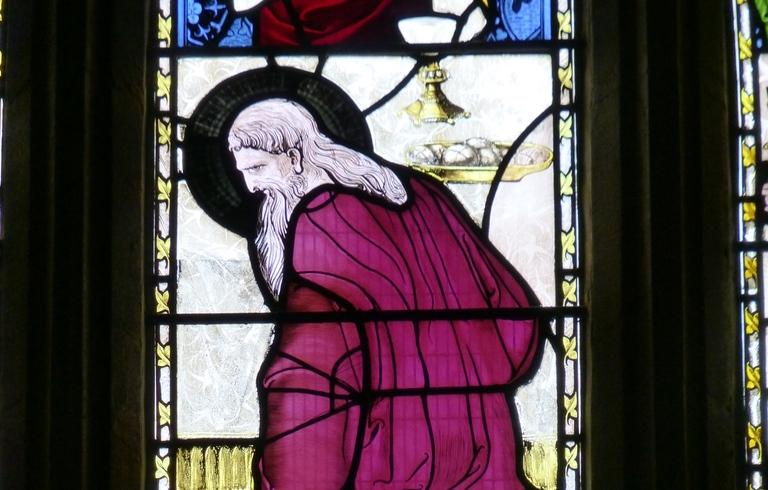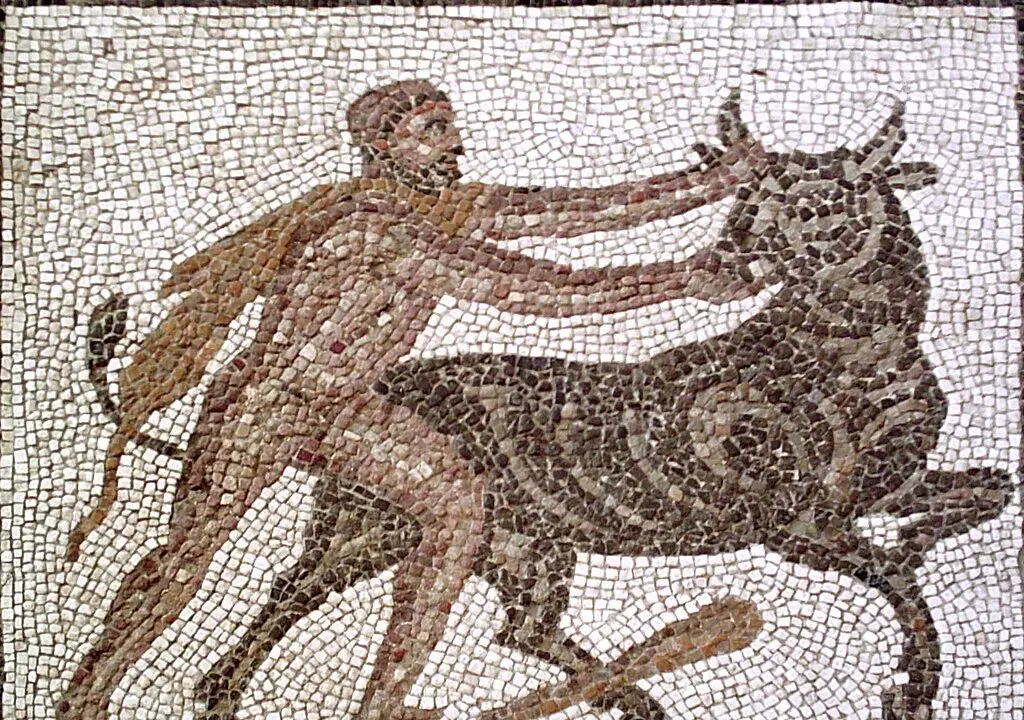It was King Solomon who wrote that there was nothing new under the sun (Ecclesiastes 1:9) and that all was vanity. Certainly we have enough vanity in our own age to satisfy all but the most dedicated narcissists. But I am always struck by how the myths, legends, and stories of the past resonate now—not only resonate, but also cast a fresh interpretation on what is happening and why.
Take, for example, identity politics and two of its most significant features: being “woke” and virtue-signaling. I cited in a previous article Professor Norman Doidge’s comment that virtue-signaling may be considered the most common vice of our age.






